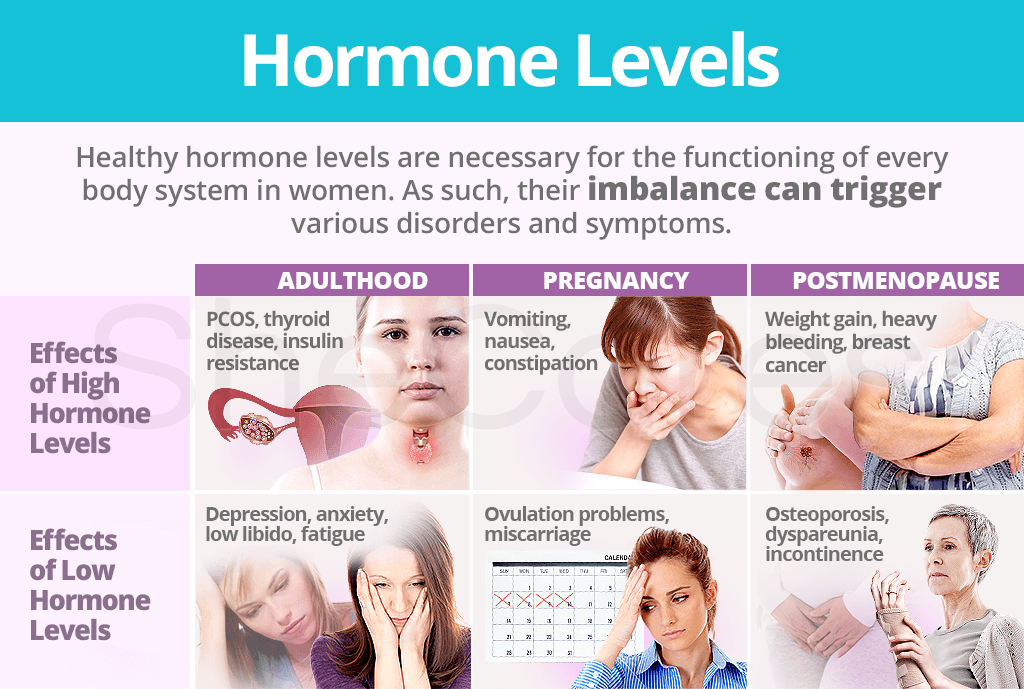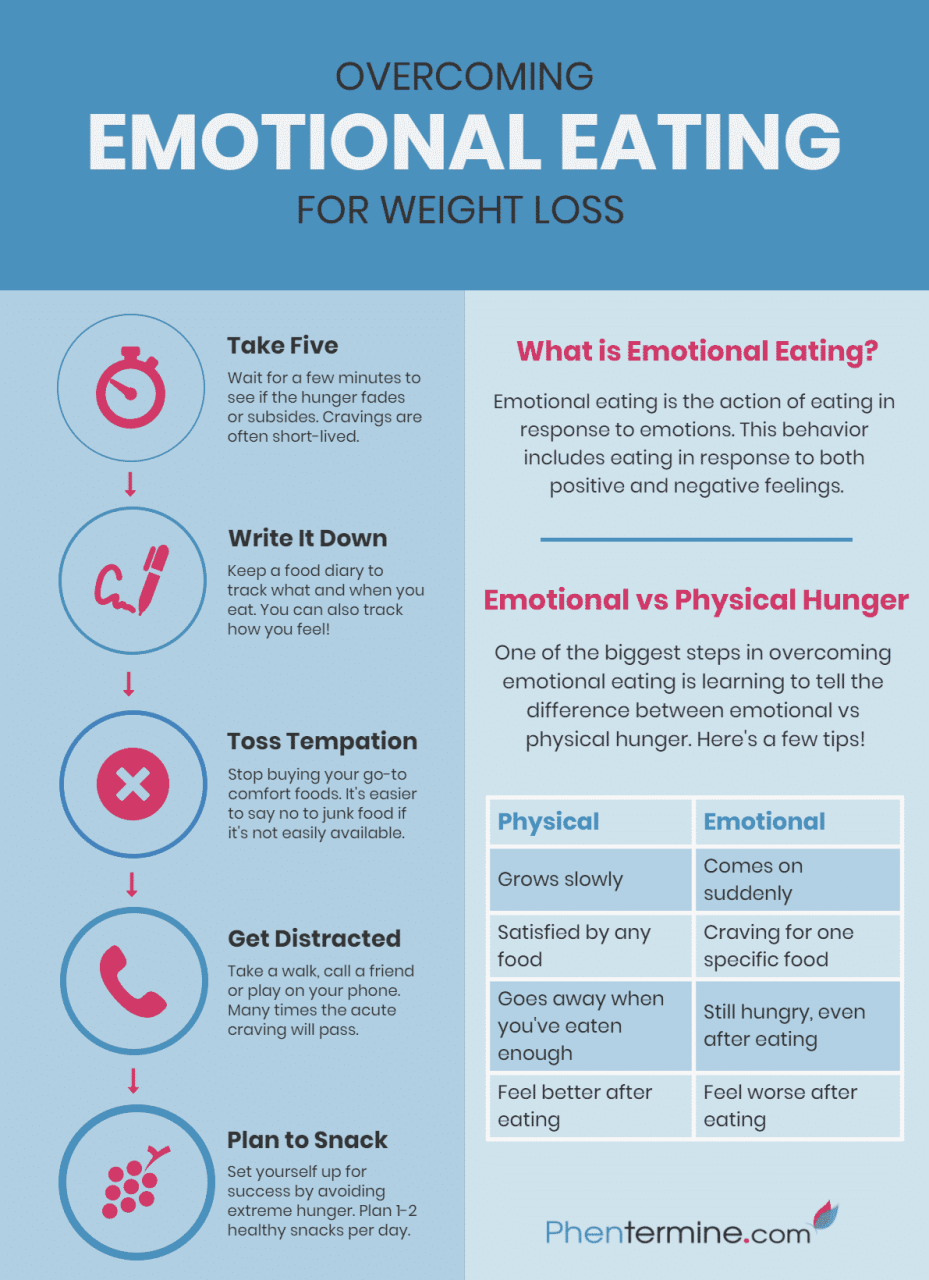Understanding the Relationship Between Women’s Health and Hormones: A Comprehensive Guide In this auspicious occasion, we are delighted to delve into the intriguing topic related to Understanding the Relationship Between Women’s Health and Hormones: A Comprehensive Guide. Let’s weave interesting information and offer fresh perspectives to the readers.
Understanding the Relationship Between Women’s Health and Hormones: A Comprehensive Guide
Understanding the Relationship Between Women’s Health and Hormones: A Comprehensive Guide

Introduction:
Hormones are powerful chemical messengers that regulate countless bodily functions, from mood and sleep to metabolism and reproduction. For women, understanding the intricate dance of hormones is crucial for maintaining overall health and well-being. This article delves into the complex relationship between women’s health and hormones, exploring the key players, their roles, and the impact of hormonal fluctuations throughout a woman’s lifespan.
The Key Players:
The female endocrine system, responsible for hormone production, is a complex orchestra of glands that work in harmony. Here are some of the key players and their roles in women’s health:
- Estrogen: The "feminine" hormone, estrogen plays a vital role in the development of female sexual characteristics, regulating menstruation, supporting bone health, and influencing mood.
- Progesterone: Often referred to as the "pregnancy hormone," progesterone prepares the uterus for pregnancy, regulates the menstrual cycle, and supports breast development.
- Testosterone: While often associated with men, testosterone is also present in women, playing a crucial role in libido, muscle mass, and energy levels.
- Thyroid Hormones: These hormones regulate metabolism, impacting energy levels, body temperature, and mood.
- Cortisol: Known as the "stress hormone," cortisol influences energy levels, blood pressure, and immune function.

Hormonal Fluctuations Throughout the Lifespan:
Women’s bodies experience significant hormonal shifts throughout their lives, each stage presenting unique challenges and opportunities.
1. Puberty: During puberty, estrogen and progesterone levels surge, triggering the development of secondary sexual characteristics, the onset of menstruation, and the establishment of a regular menstrual cycle.
2. Menstruation: The menstrual cycle is a complex interplay of hormones, with estrogen and progesterone levels fluctuating significantly throughout the month. These fluctuations can contribute to premenstrual syndrome (PMS) symptoms like mood swings, bloating, and fatigue.

3. Pregnancy: Pregnancy is characterized by dramatic hormonal shifts, with progesterone levels soaring to support the developing fetus and prepare the body for childbirth. These changes can lead to nausea, fatigue, and breast tenderness.
4. Menopause: As women age, estrogen and progesterone production declines, leading to menopause. This transition can be accompanied by symptoms like hot flashes, night sweats, and vaginal dryness.
5. Beyond Menopause: Post-menopause, hormone levels remain low, impacting bone health, cardiovascular health, and sexual function.
The Impact of Hormonal Imbalances:
When hormone levels are disrupted, it can lead to a wide range of health issues. These imbalances can be caused by various factors, including:

- Stress: Chronic stress can elevate cortisol levels, disrupting other hormone production and contributing to fatigue, weight gain, and mood disorders.
- Diet: Poor nutrition can affect hormone production and regulation. A diet low in fruits, vegetables, and whole grains can contribute to hormonal imbalances.
- Lifestyle: Lack of sleep, excessive alcohol consumption, and smoking can disrupt hormonal balance.
- Medical Conditions: Certain medical conditions, such as thyroid disorders and polycystic ovary syndrome (PCOS), can impact hormone production.
- Medications: Some medications can interfere with hormone production or metabolism.
Common Hormonal Imbalances and Their Symptoms:
- Hypothyroidism: Low thyroid hormone levels can cause fatigue, weight gain, depression, and hair loss.
- Hyperthyroidism: Elevated thyroid hormone levels can lead to anxiety, rapid heartbeat, weight loss, and insomnia.
- PCOS: This condition is characterized by hormonal imbalances that can cause irregular periods, acne, and excess hair growth.
- Premenstrual Dysphoric Disorder (PMDD): Severe PMS symptoms that significantly impact daily life.
- Menopause: As estrogen levels decline, women may experience hot flashes, night sweats, vaginal dryness, and mood swings.
Managing Hormonal Imbalances:
Addressing hormonal imbalances requires a holistic approach that may include:
- Lifestyle Modifications: Managing stress, getting enough sleep, and maintaining a healthy diet are crucial for hormonal balance.
- Natural Remedies: Certain herbs and supplements, such as chasteberry and black cohosh, may help regulate hormone levels.
- Hormone Replacement Therapy (HRT): HRT can help alleviate menopausal symptoms and improve bone health.
- Medications: Depending on the underlying cause, medications may be prescribed to address hormonal imbalances.
Conclusion:
Understanding the complex relationship between women’s health and hormones is essential for maintaining optimal well-being. By recognizing the key players, their roles, and the impact of hormonal fluctuations throughout life, women can take proactive steps to manage their hormonal health. Through a combination of lifestyle modifications, natural remedies, and medical interventions, women can navigate the challenges and embrace the opportunities that come with each stage of their hormonal journey.
Power Words:
- Powerful
- Crucial
- Complex
- Vital
- Significant
- Dramatic
- Unique
- Holistic
- Proactive
Numbers:
- 5 key players in the female endocrine system
- 4 stages of life with significant hormonal shifts
- 6 common hormonal imbalances
- 4 strategies for managing hormonal imbalances
SEO Keywords:
- Women’s health
- Hormones
- Estrogen
- Progesterone
- Testosterone
- Thyroid hormones
- Cortisol
- Puberty
- Menstruation
- Pregnancy
- Menopause
- Hormonal imbalances
- Hypothyroidism
- Hyperthyroidism
- PCOS
- PMDD
- HRT
- Lifestyle modifications
- Natural remedies
Sentiment:
The article aims to empower women by providing them with knowledge and actionable steps to understand and manage their hormonal health. The tone is positive and encouraging, emphasizing the importance of taking charge of their well-being.

Closure
Thus, we hope this article has provided valuable insights into Understanding the Relationship Between Women’s Health and Hormones: A Comprehensive Guide. We thank you for taking the time to read this article. See you in our next article!




Leave a Comment